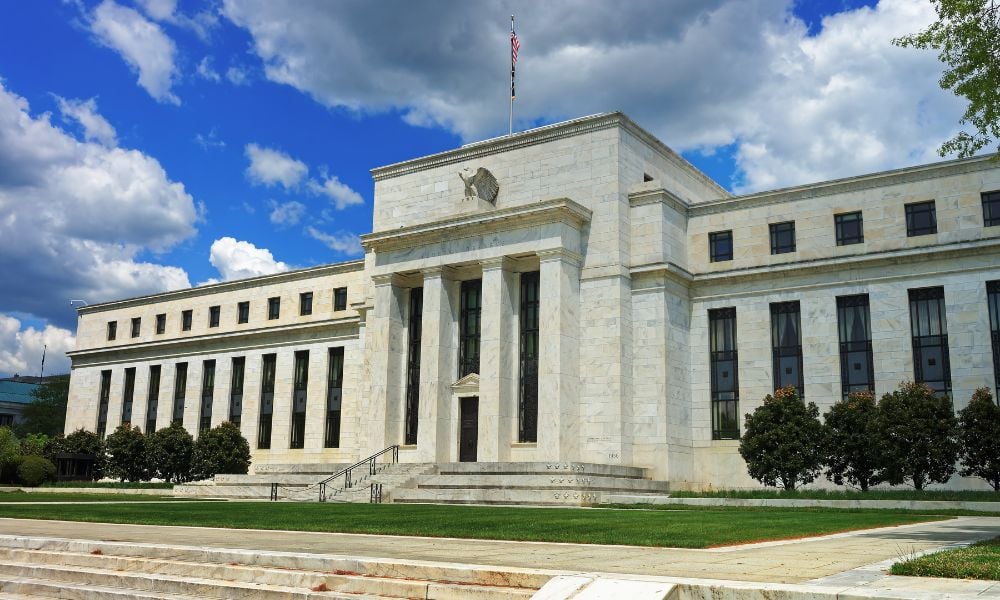Former Treasury chief expects 'reasonable' choice from president

Former Treasury secretary Lawrence Summers expressed confidence Thursday that President Trump will select a widely respected candidate to replace Federal Reserve chair Jerome Powell when his term expires in May 2026.
Speaking on Bloomberg Television’s “Wall Street Week,” Summers said he expects Trump to choose someone that “fair-minded observers on both sides recognized as a reasonable person.” The Harvard University professor cited potential market volatility as a key factor that would influence Trump’s decision-making process.
Trump announced earlier this month that his Fed chair selection would be “coming out very soon,” accelerating a timeline that Treasury secretary Scott Bessent had previously indicated would occur “sometime in the fall.” Bloomberg has reported that Bessent himself has emerged as a potential candidate, alongside former Fed board member Kevin Warsh, amid Trump’s ongoing criticism of the central bank’s monetary policy decisions.
Trump escalates Fed criticism
The president has intensified his criticism of Powell and the Federal Reserve’s monetary policy committee this week, arguing that benchmark interest rates should be at least two percentage points lower than current levels. During a Wednesday event, Trump questioned whether he could “appoint myself at the Fed,” claiming he would “do a much better job than these people.”
Summers interpreted Trump’s repeated calls for rate reductions as a strategic positioning effort rather than direct policy influence. “What he’s doing is setting up a situation where, if we have a recession, he will be able to blame it on something other than his administration’s policies,” Summers explained.
Economic challenges ahead
The former Treasury chief highlighted concerns about Trump’s economic policies reflected in the Fed’s latest economic projections, released Wednesday alongside the decision to maintain unchanged interest rates. The forecasts suggest what Summers characterized as a “negative supply shock” for the economy.
“It doesn’t happen that often that the Fed revises up on inflation and unemployment at the same time,” Summers noted. “So you see a supply shock coming. What is it? It’s the tariffs. We’re imposing a supply shock on ourselves, and that’s leading to expectations of both higher inflation and higher unemployment—making the Fed’s job that much more difficult.”
Despite positive economic indicators including declining energy costs and potential productivity improvements from artificial intelligence applications, the Fed’s updated projections reflect the challenging economic environment facing policymakers.
Summers expressed greater confidence than other observers that Trump would prioritize market stability over political considerations when making his Fed chair selection, suggesting that “sound voices among Republicans in the Senate” would also influence the decision-making process.
What are your thoughts on Summers’s prediction for the next Fed chair? Share your insights below.



